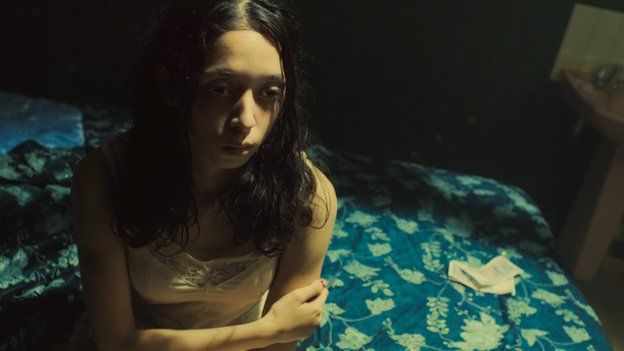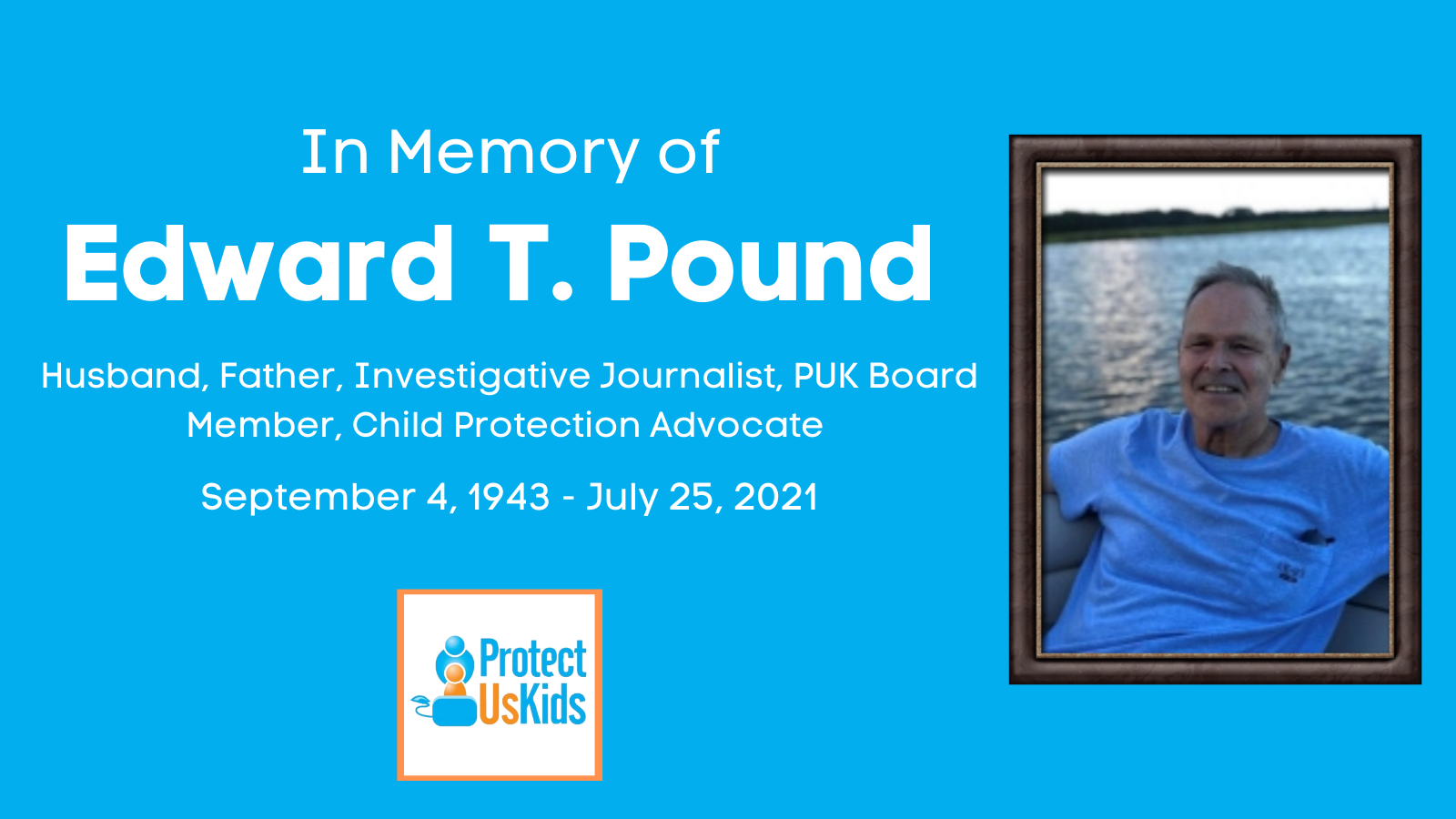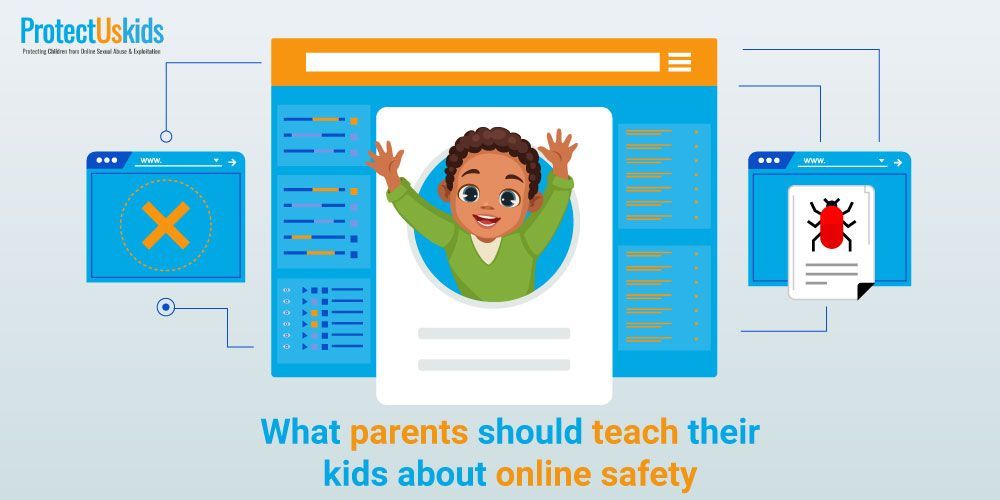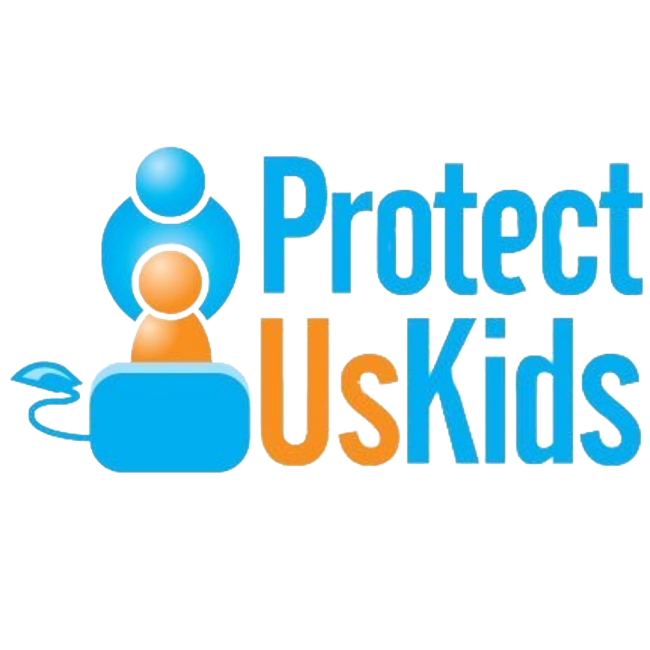More than 5,000 potential victims of modern slavery and trafficking were referred to UK authorities last year, a record number, a report has revealed.
The National Crime Agency said British nationals made up the highest number of cases for the first time, followed by people from Albania and Vietnam.
The number of children thought to be victims rose by 66% from 2016.
The agency said the increase in referrals was “driven by greater awareness” of the problem.
The NCA said the increase in child referrals was partly because of the growth of a drug supply route, known as “county lines”.
This is where city-based gangs use young people as couriers to move drugs like heroin and crack cocaine to rural and coastal areas.
“They are enticed by wealth but quickly coerced by violence,” said the NCA’s deputy director, Tom Dowdall.
Investigators said this was largely the reason for the rise in the number of UK nationals involved – up to 819 last year from 326 in 2016.
Last year, 5,145 potential victims of trafficking and slavery were flagged up to the National Referral Mechanism, which identifies and supports victims.
That was the highest number recorded by the UK authorities since the figures were first compiled in 2009 – and a 35% rise from 2016.
The report found that forced labour accounted for 2,352 cases – almost half of all referrals.
The figures also showed that in a third of cases (1,744) it was suspected that people had been exploited for sexual purposes.
More than 2,000 children (2,118) were referred for help, compared with 1,278 the previous year.
The analysis showed that 116 different nationalities made up the referrals from 2017, with Albanian (777) and Vietnamese (739) nationals the next most commonly reported potential victims after the British.
Will Kerr, NCA director, said greater reporting of modern slavery was behind the overall rise in referrals but that the figures “almost certainly represent an underestimate of the true scale” in the UK.
He added that authorities were dealing with an “evolving threat” as criminals go into online spaces – particularly “adult services websites”, to enable their offending.
Victoria Atkins, Home Office minister for crime, safeguarding and vulnerability, said the figures showed more potential victims were being “identified and protected” because of an “improved understanding of modern slavery”.
She said the government was “leading the world in our response to this horrendous crime”.
What is modern slavery?

Image copyright HOME OFFICE
The Modern Slavery Act was introduced into law in 2015.
It states an offence is committed if someone holds another in slavery or servitude or requires them to perform forced or compulsory labour.
The legislation also increased the maximum jail term for people traffickers from 14 years to life.
Modern slaves in the UK, often said to be hiding in plain sight, are working in nail bars, construction sites, brothels, cannabis farms and in agriculture.
Traffickers are using the internet to lure their victims with hollow promises of jobs, education and even love.
There is no typical victim. They can be men, women or children of all ages but it is normally more prevalent among the most vulnerable, minorities or socially-excluded groups.
Many believe they are escaping poverty, limited opportunities at home, a lack of education, unstable social and political conditions or war.
Sources: Anti-slavery.org


How We Steward Your Contributions
Protect Us Kids relies on volunteers and donors to be trusted resources. We're deeply committed to using donations efficiently for maximum impact. Transparency is part of our core values. See below our PUK Internal Revenue Service - Final Determination Letter establishing our charitable activities.
Empowering Youth
Your donations are crucial for PUK’s mission to empower children, youth, and their caregivers, educators, and community leaders, especially for those in vulnerable situations. Your support provides these key figures with essential tools and knowledge to guide and protect our children.
Global Outreach Programs
Your contributions are vital to PUK's outreach programs for at-risk youth, including those in foster care and homeless situations. Your generosity supports initiatives that directly engage with these young individuals, teaching them crucial lessons in cyber safety.
Inclusive Education Materials
Your donations help develop PUK’s We-Rise Portal and various educational resources, both digital and physical. These materials, crafted with the diverse backgrounds of children in mind, ensure that learning about online safety is accessible and comprehensible to a broad audience, including children, youth, and caregivers.
Community-Based Education Training
Your support enables PUK to extend crucial internet safety and cybersecurity education to community centers, schools, and local organizations. This outreach ensures that even children lacking such guidance at home can access vital safety information.
Your support can make a difference
Consider contributing as little or as much as you can. Every dollar donated goes toward keeping our programs and PUK's healing, empowerment, and research initiatives alive.
Internationally
For all other Countries Not Listed
Contact local investigative authorities or the embassy of the person, or persons, who experienced abuse and request for the regional security office or law enforcement liaison office.
+1 866-772-3354
info@protect-us-kids.org
1629 K St NW #300
Washington, DC 20006 USA
Protect Us Kids® and its logo are registered trademarks of the Protect Us Kids Foundation, a registered 501(c)(3)
Protect Us Kids Foundation © 2024
Subscribe to our newsletter
We will get back to you as soon as possible.
Please try again later.

